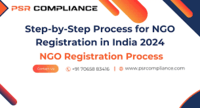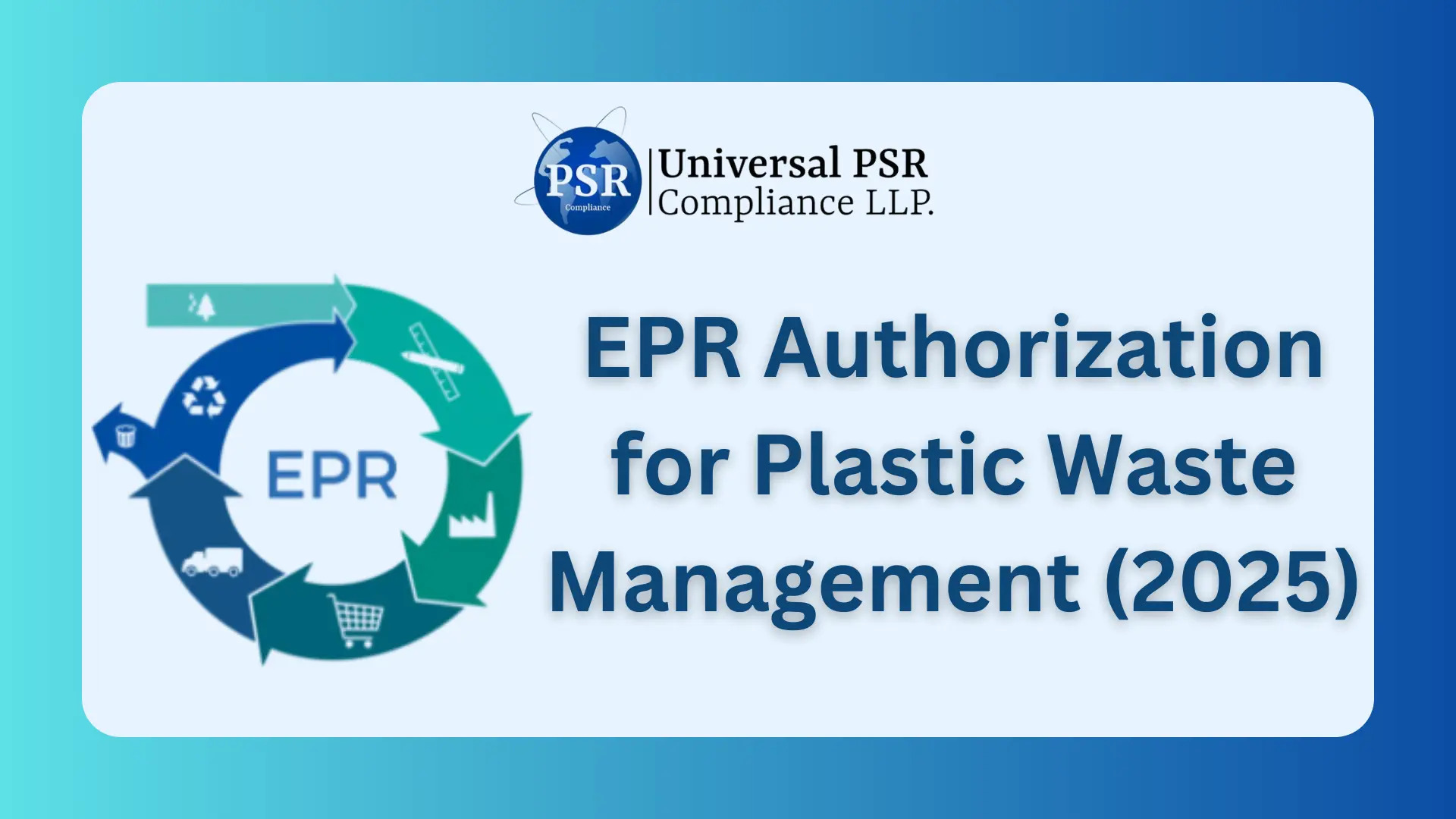NGO Registration in India: Everything You Need to Know

India is home to thousands of Non-Governmental Organizations (NGOs) that work selflessly to address various social, cultural, environmental, and economic issues. If you're passionate about making a change and want to start an NGO, the first legal step is NGO registration. Here’s a complete guide to registering an NGO in India in under 900 words.
What is an NGO?
An NGO (Non-Governmental Organization) is a non-profit, citizen-based group that functions independently of government control. It works towards charitable, social, religious, cultural, or educational objectives. NGOs play a vital role in filling the gaps where government initiatives fall short.
Types of NGO Registration in India
In India, NGOs can be registered under one of the following structures:
1. Trust (Under Indian Trusts Act, 1882)
Ideal for charitable and religious organizations, Trusts are governed by state-specific laws.
Minimum members: 2 Trustees
Documents required: Trust deed, ID proof, address proof
Authority: Local Sub-Registrar Office
2. Society (Under Societies Registration Act, 1860)
Societies are ideal for educational, scientific, or literary goals and offer a more democratic structure.
Minimum members: 7
Documents required: Memorandum of Association (MoA), rules and regulations, ID proofs
Authority: Registrar of Societies in the respective state
3. Section 8 Company (Under Companies Act, 2013)
Section 8 companies are suitable for large-scale NGOs looking for a more professional structure.
Minimum members: 2 directors and 2 shareholders (can be the same people)
Documents required: Digital Signature Certificate (DSC), Director Identification Number (DIN), MoA, AoA
Authority: Registrar of Companies (ROC)
How to Choose the Right Type?
For small-scale, local work: Trust or Society
For large-scale, professionally managed organizations: Section 8 Company
For flexibility in management and democratic setup: Society
For maximum credibility and funding opportunities: Section 8 Company
Steps to Register an NGO in India
Step 1: Choose a Name
Ensure the name is unique and not similar to existing entities. Avoid using names that are prohibited under Emblems and Names Act, 1950.
Step 2: Draft Legal Documents
Prepare necessary documents like Trust Deed, MoA, and AoA based on the structure.
Step 3: Apply for Registration
Submit the application to the appropriate authority (Registrar/Sub-Registrar/ROC), along with the documents and prescribed fee.
Step 4: Verification and Approval
Authorities may conduct verification and ask for clarifications. Once approved, the NGO will receive a Registration Certificate.
Documents Required
Identity and address proof of members
PAN card
Passport-sized photos
Registered office address proof (utility bill or rental agreement)
NOC from the property owner (if rented)
For Section 8 Company, digital signatures and DINs are also mandatory.
Post-Registration Requirements
PAN and TAN for the NGO
Bank account in the NGO’s name
80G and 12A registration for tax exemptions
FCRA registration for receiving foreign donations (if applicable)
Maintenance of books of accounts and audit reports
Benefits of Registering an NGO
Legal recognition
Tax benefits under Sections 12A and 80G
Credibility and trust among donors and institutions
Eligibility for government and foreign grants
Limited liability (for Section 8 Company)
Challenges in NGO Registration
Lengthy documentation and verification
Different procedures in each state
High scrutiny for foreign funding
Regular compliance and audits
Despite these challenges, NGO registration provides a solid foundation for sustainable impact and funding.
Conclusion
Starting an NGO in India is both noble and legally empowering. Whether you aim to support education, healthcare, the environment, or poverty alleviation, registering your NGO gives it the credibility and structure it needs to thrive. Choose the right model—Trust, Society, or Section 8 Company—based on your vision and goals. With proper registration, you open doors to partnerships, grants, and most importantly, long-term impact.
For More info: https://www.psrcompliance.com/blog/step-by-step-process-for-ngo-registration-in-indiahttps://www.psrcompliance.com/blog/step-by-step-process-for-ngo-registration-in-india
Note: IndiBlogHub features both user-submitted and editorial content. We do not verify third-party contributions. Read our Disclaimer and Privacy Policyfor details.







